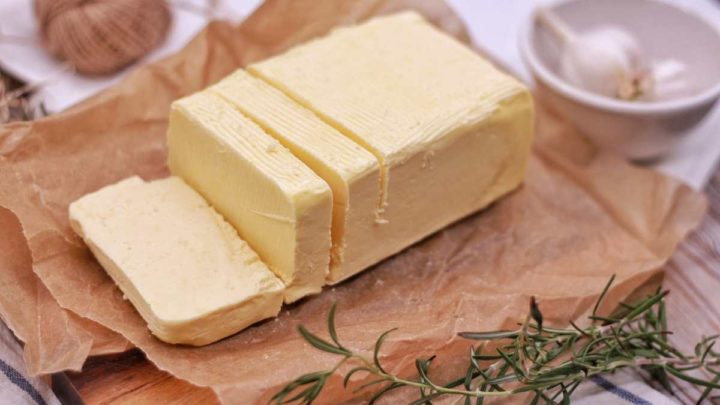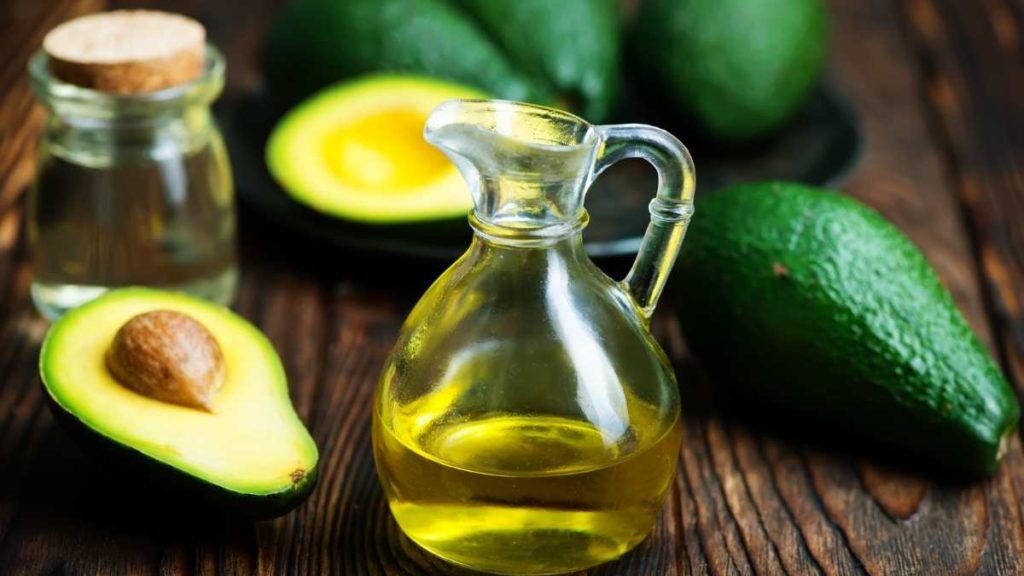Substitutes for coconut extract what can you use instead?
Top 10 Coconut Extract Substitutes for 2024
Coconut extract is an amazing ingredient that has been used for centuries. It is known to have many health benefits. It is also considered to be an effective natural remedy for various ailments. Coconut oil is commonly used in cooking and baking.
However, coconut oil or extract is not always easy to obtain. In fact, it was quite expensive. If you want to try making your own coconut oil at home, then you should first read this article.
For Coconut Cream What Are Good Substitutes
It is quick and easy to make your own coconut extract. The mixture must be infused together before you can use it.
But First Lets Look at to top 10 Coconut Substitutes you can also use
- Hemp Seed Oil
Hemp seed oil is very healthy and contains many essential fatty acids. These essential fatty acids provide more energy. Hemp seeds are a great source of protein and healthy fats. They are also rich in minerals such as magnesium, zinc, iron, calcium, phosphorus, potassium, copper, manganese, and selenium. Hemp seeds are also high in omega 3 fatty acids. These oils help maintain skin health and prevent wrinkles.
In cooking, you can use it for salads and dressing as it will give a great flavor to your green salad. Hemp oil can also substitute coconut extract oil in dips and sauces.
- Coconut Milk or Cream
Coconut milk or coconut cream is a good substitute for coconut oil when you are making sauces or stews. I do not tend to use it much for baking. There do however give good coconut flavor to recipes.
- Coconut Flakes –
Substitute for Coconut Flakes, Shredded Coconut, Desiccated Coconut
Coconut flakes or shredded coconut is one of those things that we just can’t live without in our diet. It has been used as an ingredient in many dishes since ancient times. The first written record of it dates back to 5000 BC when coconuts were being traded between India and Indonesia. Today, this product is widely available at supermarkets around the world.
Now, usually, desiccated coconut can either be added for texture or for decorative reasons. Dried fruits and nuts will work very well as a dried fruit substitute for texture. Desiccated coconut tends to give your dish a thicker texture. It has an amazing flavor when toasted.
- Butter
Butter is one of the best choices when it comes to a coconut extract alternative. This is especially valid when baking. Both are semi-solid at room temperature, so butter in baking is a very good substitute for coconut butter.
You can add a lot of smoothness and richness to your baking dishes. You can use equal amounts in substitution. You can also use nut butter like almond butter or even vegan butter.

- Olive Oil
Extra Virgin Olive Oil
The first time I tried extra virgin olive oil, it was at a restaurant in the south of France, and it was great. It also can serve as an alternative to coconut.
When it comes to baking or cooking, extra virgin olive oil is a good alternative to coconut extract oil. They can be used one to one replacement rations. There has been some concern over the low smoking point of extra virgin olive oil, but an article published in a nutrition journal shows that it is stable at high temperatures. Multiple studies show that the inclusion of extra virgin olive oil in the Mediterranean diet has a host of benefits.
- Sunflower Oil
An alternative to coconut oil is a type of oil derived from sunflower seeds. A very healthy oil that provides a lot of vitamins and protects the skin. It will make your cooking more interesting. It is recommended that you use it in most recipes since it has a high smoking point. It’s great for baking muffins, bread, and other dishes.
- Almond oil
Almond oil is more expensive than sunflower oil, for example, but is a really good alternative for an extract like coconut oil. Further, Almond oil is regarded as a healthy oil.
The taste of Almond oil has a distinct nutty flavor. It is not too strong, however and complements savory recipes and dishes.
The smoking or burning point is quite high, so it is good for frying as well. It can also be used as a substitute for coconut extract when baking donuts, cakes, and muffins.
I really like to mix a little vanilla extract in with my almond extract. This works well when making coconut frosting for a coconut cake! If you really want to go all in on coconut flavor then try a little coconut rum also. If you do not like alcohol – then use some coconut water.


- Hazelnut Oil
Hazelnut oil is a very good replacement for coconut oil. The taste of hazelnut oil is rich and vibrant and yields great results in cooking and baking.
Hazelnuts are rich in vitamin E, magnesium, copper, iron, zinc, manganese, phosphorus, potassium, calcium, fiber, protein, B-complex vitamins, folate, omega 3 fatty acids, antioxidants, phytosterols, polyphenols, flavonoids, lignans, tannins, saponin, beta carotene, essential oils, amino acid arginine, tryptophan, phenolic
This oil’s smoking point is high so it can be used for broiling, roasting (adds a great flavor to roast beef), and frying.
- Avocado Oil
Avocado oil has been employed for centuries to treat various health conditions, including arthritis. It is also known to reduce inflammation and improve digestion. It is also a very good substitute for coconut oil. You use it in a 1:1 replacement ratio.
Avocados are rich in monounsaturated fats, fiber, vitamin E, potassium, folate, and antioxidants. They contain high amounts of oleic acid, which helps lower cholesterol levels.
I love a cheese and bacon muffin made with avocado oil.
- Shea Butter
Shea butter has a higher concentration of vitamins A, D, E and F than coconut oil. It also contains antioxidants, minerals, and essential fatty acids.
Shea butter is also a good moisturizer and can be used in place of other oils such as olive oil or coconut oil. It also acts as a natural exfoliator and helps remove dead skin cells.
Make sure that you use unprocessed shea butter and use this in most recipes that call out for coconut oil. Replace the same amount or adapt based on your personal preference.
If you like coconut flavor then there are also products like coconut essence, coconut flavoring and coconut spiced milk.
A recent trend has been to substitute cow’s milk with pure coconut extract milk into ice cream. You can add heavy cream for a silky texture.
Can coconut extract be used for coconut oil?
Because of its reasonably high melting point, you might have trouble using it as a substitute for coconut extract in recipes that call for hot extracts. But if you’re looking for a natural raw answer, then you can use this alternative instead of pure coconut extract.
What kind of coconut should you use to make coconut extract?
Fresh coconut has a very strong coconut taste. It can be used to make coconut extract. Dried shredded coconut will work just fine. You can also use frozen coconut meat if you prefer. Do not use sweetened coconut.
Can coconut water be a substitute for water?
Coconut water can be a substitute for water, but it should not be considered a replacement for water.
What is the difference between coconut oil and coconut extract?
Coconut oil is extracted from the meat of coconuts, whereas coconut extract is made from the sap of the coconut tree. Both types of coconut oil contain medium chain triglycerides (MCTs), which are used for energy. MCTs are absorbed directly into the bloodstream, bypassing the digestive system. This makes them useful for weight loss, athletic performance, and brain function.
What’s a good substitution for coconut milk?
Coconut milk is a great substitute for dairy milk, but it has a strong flavor. If you want to use it instead of dairy milk, try using coconut cream instead of dairy cream also.